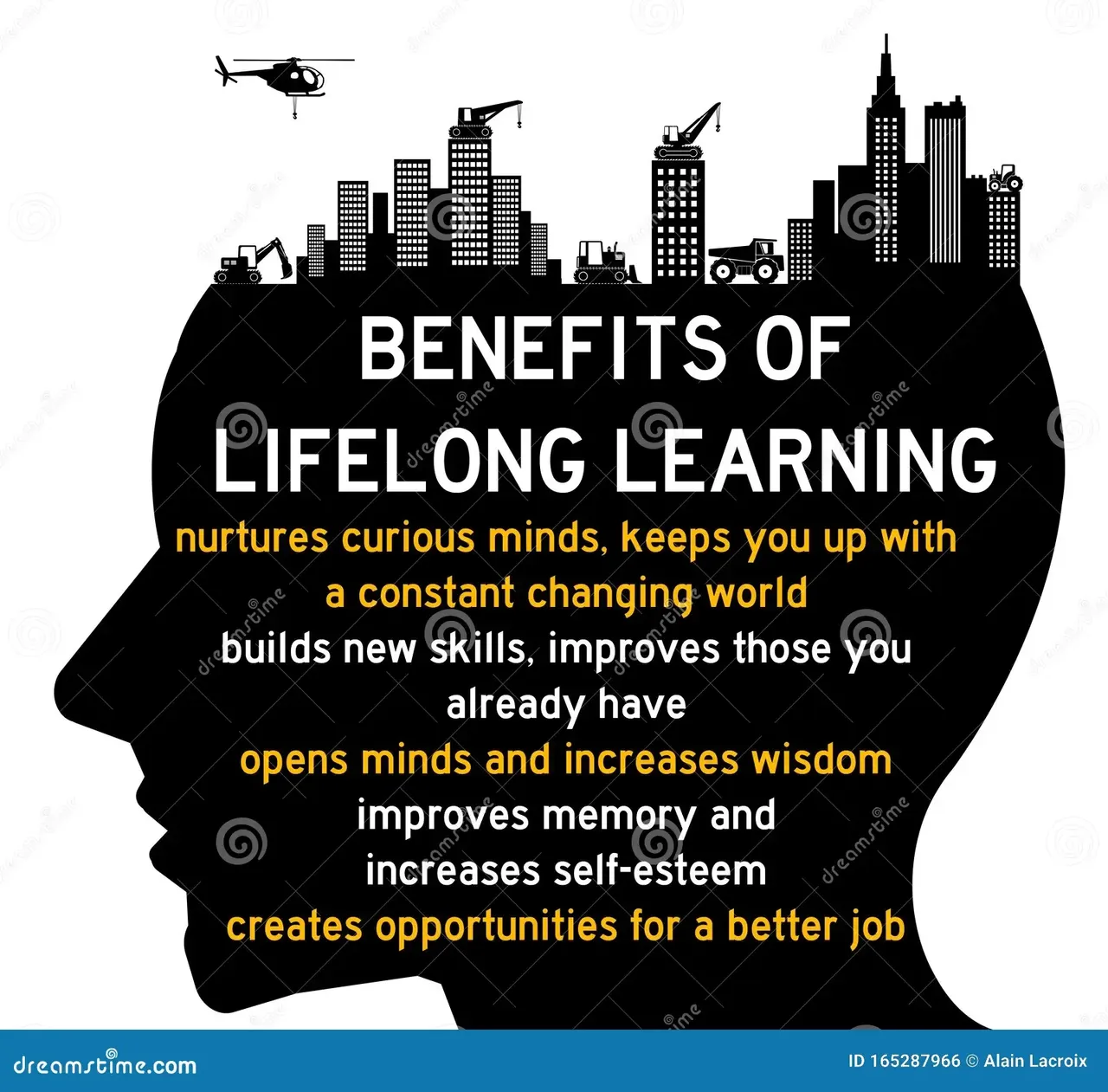Embracing Inclusive and Lifelong Learning Ecosystems

The current postsecondary education landscape in the U.S. falls short of offering adequate educational opportunities for individuals who are disconnected from the traditional education system. This gap is particularly evident in the realm of noncredit and non-degree programs for out-of-school youth and adults, which remain underrepresented in federal financial aid frameworks, leading to a deficit in accreditation, policy focus, and financial support.
In response, the National Accreditation Commission (NAC) is taking proactive steps by:
1. Crafting a forward-thinking programmatic accreditation framework that utilizes artificial intelligence (AI) and machine learning (ML) to evaluate how well programs meet the needs of students and the demands of the job market;
2. Deploying analytical tools to scrutinize the present offerings on State Eligible Training Provider Lists (ETPL), pinpointing programmatic voids, market demands, and prospects for growth;
3. Showcasing methodologies for crafting strategies rooted in thorough analysis of programs and industry sectors;
4. Equipping program providers with essential insights on designing courses that include suitable enrollment numbers, employer partnerships, comprehensive support services, budget planning, and establishing a framework for monitoring and evaluation of the Educational Service Provider (ESP).
Our overarching objectives and framework are designed to mirror the educational requirements of underserved youth and adults in national and industry-specific education agendas, adopting a lifelong learning approach. Ultimately, NAC’s accreditation model aims to steer the creation of inclusive lifelong learning ecosystems, guaranteeing that individuals of all ages can pursue education and continue learning in an ever-evolving global landscape. Come join us in building the Next Generation Accreditation system.
